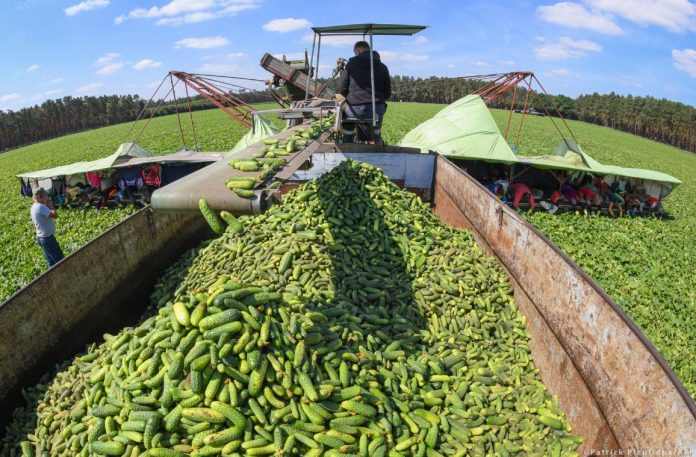According to a leaked draft of the EU’s Strategic Agenda, member states are expected to put food security at the core of the bloc’s agricultural policy for the next five years, Euractiv informs.
The programme sets out Europe’s priorities for the 2024-2029 mandate, providing guidance for the EU institutions. The document will be adopted by the 27 heads of state and government at the European Council meeting on June 27-28.
Faustine Bas-Defossez, director for health, nature, and environment at the European Environmental Bureau (EEB), called the lack of sustainable agriculture in the leaked 2024 agenda “deeply troubling.”
By prioritising’ food security’ over sustainability in agriculture, EU leaders are ignoring the reality that climate change and natural disasters pose the greatest threats to our food security.
The two-page text does not explicitly mention the sustainability of the agricultural sector or environmental protection, although it does prioritise “preparing for the new realities stemming from climate change.”
The draft is based on recent exchanges between EU leaders and highlights food security as a key priority for a “prosperous and competitive Europe”. One of the bullet points reads as follows:
Ensure our food security through a vibrant agriculture sector.
A study commissioned by the European Parliament’s Agricultural Committee found that while food availability in the EU “is not generally considered to be at risk,” the bloc relied too heavily on imports of animal feed and fertiliser from a limited group of suppliers.
According to the report, such dependencies, aggravated by the uncertain geopolitical situation and climate change, could jeopardise the long-term sustainability of the EU’s food system. However, the study also found that sustainable agricultural practices, such as organic agriculture and the promotion of lower consumption of animal products, could reduce the bloc’s need for imports.
